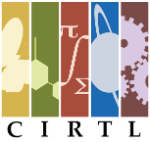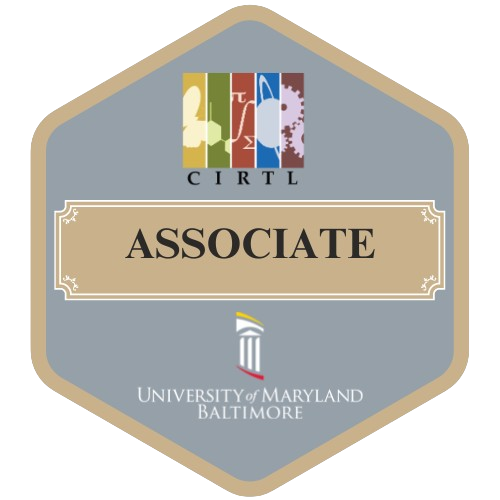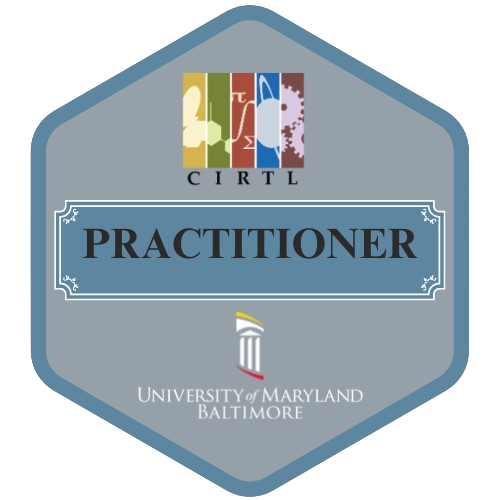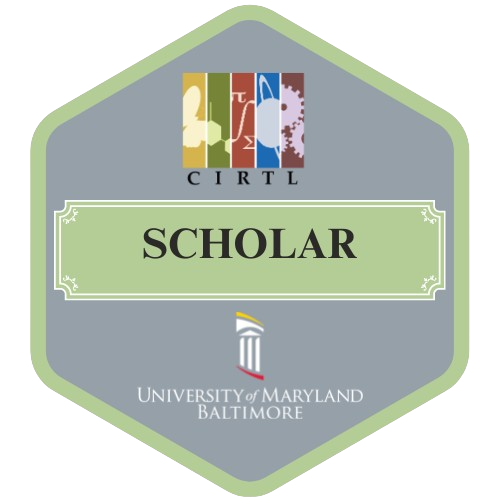 In 2023, UMB was invited to join the Center for Integration, Research, Teaching, and Learning (CIRTL) Network. The CIRTL Network aims to advance the teaching of STEM disciplines in higher education. Founded in 2003, as the National Science Foundation Center for Learning and Teaching in Higher Education, CIRTL uses graduate education as the leverage point in developing a national faculty committed to implementing and advancing effective teaching practices. UMB graduate students, postdocs, faculty, and staff can gain from CIRTL's nationally recognized programs and certifications.
In 2023, UMB was invited to join the Center for Integration, Research, Teaching, and Learning (CIRTL) Network. The CIRTL Network aims to advance the teaching of STEM disciplines in higher education. Founded in 2003, as the National Science Foundation Center for Learning and Teaching in Higher Education, CIRTL uses graduate education as the leverage point in developing a national faculty committed to implementing and advancing effective teaching practices. UMB graduate students, postdocs, faculty, and staff can gain from CIRTL's nationally recognized programs and certifications.
Getting Started
- Please register with CIRTL. The account is free and will offer many online courses, workshops, and seminars in the area of teaching and learning.
- Check out CIRTL's upcoming virtual workshops that are now available to UMB students and postdoctoral fellows as part of the CIRTL program.
- Sign up to be on our UMB CIRTL Newsletter so we can send you announcements about upcoming opportunities on our campus.
Core Ideas
Three ideas are at the foundation of the CIRTL Network:
- Learning-through-Diversity (LtD) capitalizes on the rich array of experiences, backgrounds, and skills among students and faculty to enhance the learning of all.
- Teaching-as-Research (TAR) is the deliberate, systematic, and reflective use of research methods by instructors to develop and implement teaching practices that advance the learning experiences and outcomes of both students and teachers.
- Learning Communities (LC) bring together groups of people from different disciplines for shared learning, discovery, and the generation of knowledge of effective teaching practices.
More information about CIRTL’s values, ideas, and history can be found on the CIRTL website.
Certifications
CIRTL Certificates are nationally recognized and showcase your dedication to evidence-based teaching and learner-centered support, with a focus on diversity. These certificates can enhance your CV.





